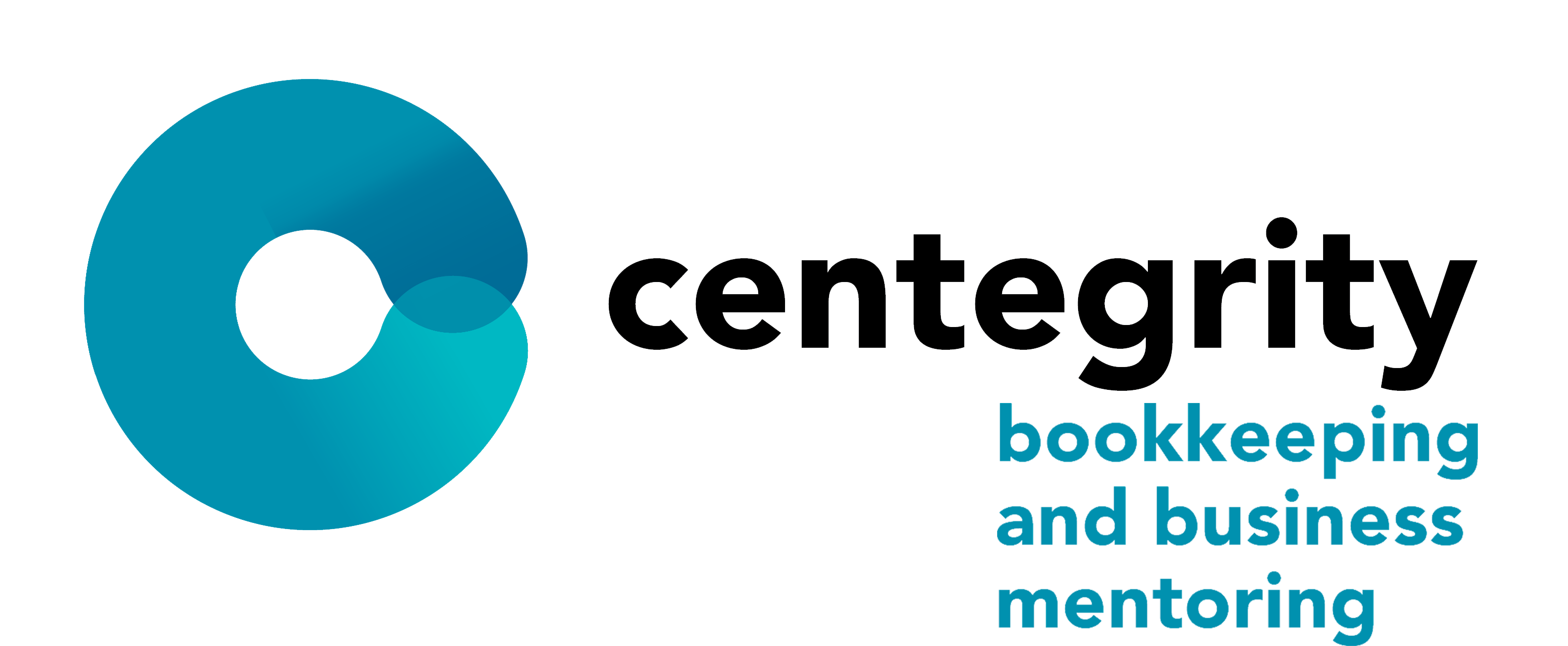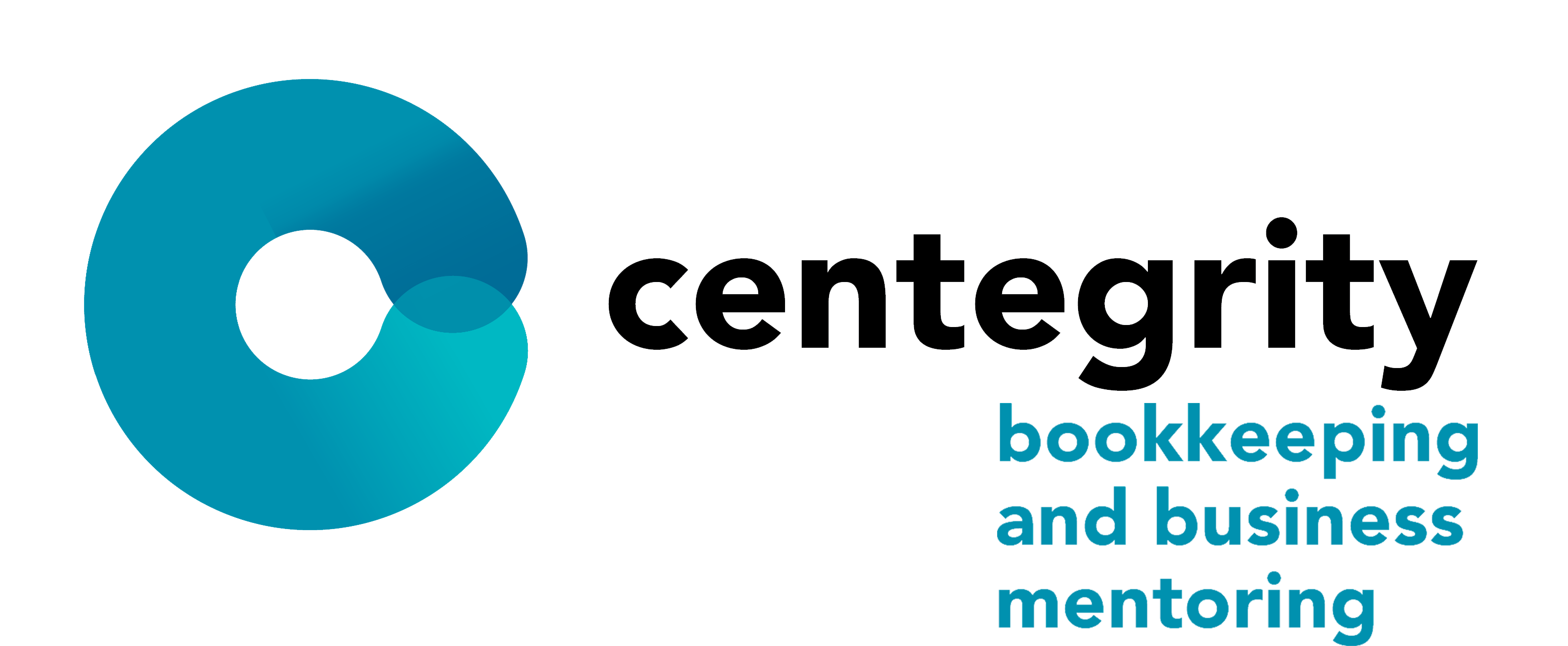Cash flow is the oxygen of a business. Bad debts and overdue accounts from customers and clients can be a source of concern, and sometimes ruin, for business owners.
The business has invested valuable resources to complete a job, often only to be left waiting to be paid in order to pay their creditors.
A study by Forbes found that most business owners can expect to collect nine out of ten dollars of a debt within the first 90 days of the due date. If a debt is not collected within the first 90 days, the likelihood of recouping the debt decreases further.
Ideally the best approach is to develop processes and procedures upfront that ensure debtors are eliminated. We understand that not all businesses have these procedures in place from the outset and may have to engage in dealing with debtors for a period of time.
Why Do People Pay Invoices Late?
Most debtors are of good character who – with the best of intentions – have fallen on hard times. Some are simply overwhelmed with running their own business that they neglect to get invoices paid on time.
No matter what kind of late invoice or debtor you are dealing with, there are things you can do to improve and speed up the process. In this article, we will look at 10 tips to help you get paid faster, and smoother from your customers and clients.
1. Create Clear Payment Policies
If you want to reduce debts, establish clearly defined credit and collections policies upfront. It’s a good idea to do this before offering credit terms to any customers.
This payment policy should include determining how much credit you can afford to give without impacting your cash flow, deciding which customers will qualify for credit and how much, establishing your payment terms, and clarifying your collections process for overdue accounts.
2. Require a Credit Application
Ask all customers to complete a credit application before agreeing to provide credit. There are lots of templates for B2B credit applications available online if you’re not sure where to start.
If you have larger purchase amounts, you might consider researching your customers by using credit bureaus and asking for trade and bank references.
3. Track and Review Payment Patterns Each Month
Tracking who pays on time (and who doesn’t) helps you see when there might be a potential problem. For example, if a customer who always paid on time begins to pay later and later, it may signal financial distress, and you will want to reevaluate their terms and credit limits before things get out of hand.
4. Ask for Deposits
Make sure to require a deposit for large orders, custom orders, and for new customers with limited or questionable credit history.
5. Invoice Promptly
Once your services are completed, invoice immediately. Ensure the invoice due date is no more than 7 days after the invoice date to help improve cashflow. Follow up promptly on overdue accounts – using automated invoice reminders is another way to assist with this process.
6. Accept Multiple Payment Options
The more options a person has to pay, the more likely you are to be paid sooner. Make it easy for your customers to pay you by including a Payment Service or ‘Pay Now’ button on the electronic invoice. Be aware that if you offer credit card payment options that you should factor in the additional costs.
7. Offer Early Payment Discounts
Another way to speed up payments is to offer discounts to customers and clients who pay early. Make sure your business can absorb the discounted amount or any other incentives offered.
8. Limit New Orders from Overdue Accounts
While it might seem like you are losing additional sales, allowing people with accounts in arrears to keep ordering new products or services can be a trap. Ideally, you should not accept orders from clients who have outstanding accounts, and implement direct debit or COD policies for chronically late payers.
9. Get a Commitment
Any discussion of outstanding payment should be followed up with a summary of the terms of agreement. Reiterate what the client has committed to (payment amount, payment plan, etc.), your expectations (receiving payment by a specific date), and the consequences outside of this arrangement.
10. Always Be Professional
Although it may be frustrating, having a professional and respectful demeanor is the best approach. Remember that following up payments is a business transaction, not personal. It’s important to not be angry with the debtor or threaten to cancel their business. Polite persistence is the best way to get things resolved.
Remember that although uncomfortable at times, it’s important to be proactive and persistent about getting paid for invoices. Having consistent cashflow will help your business run better and also reduce stress for you as the owner.

